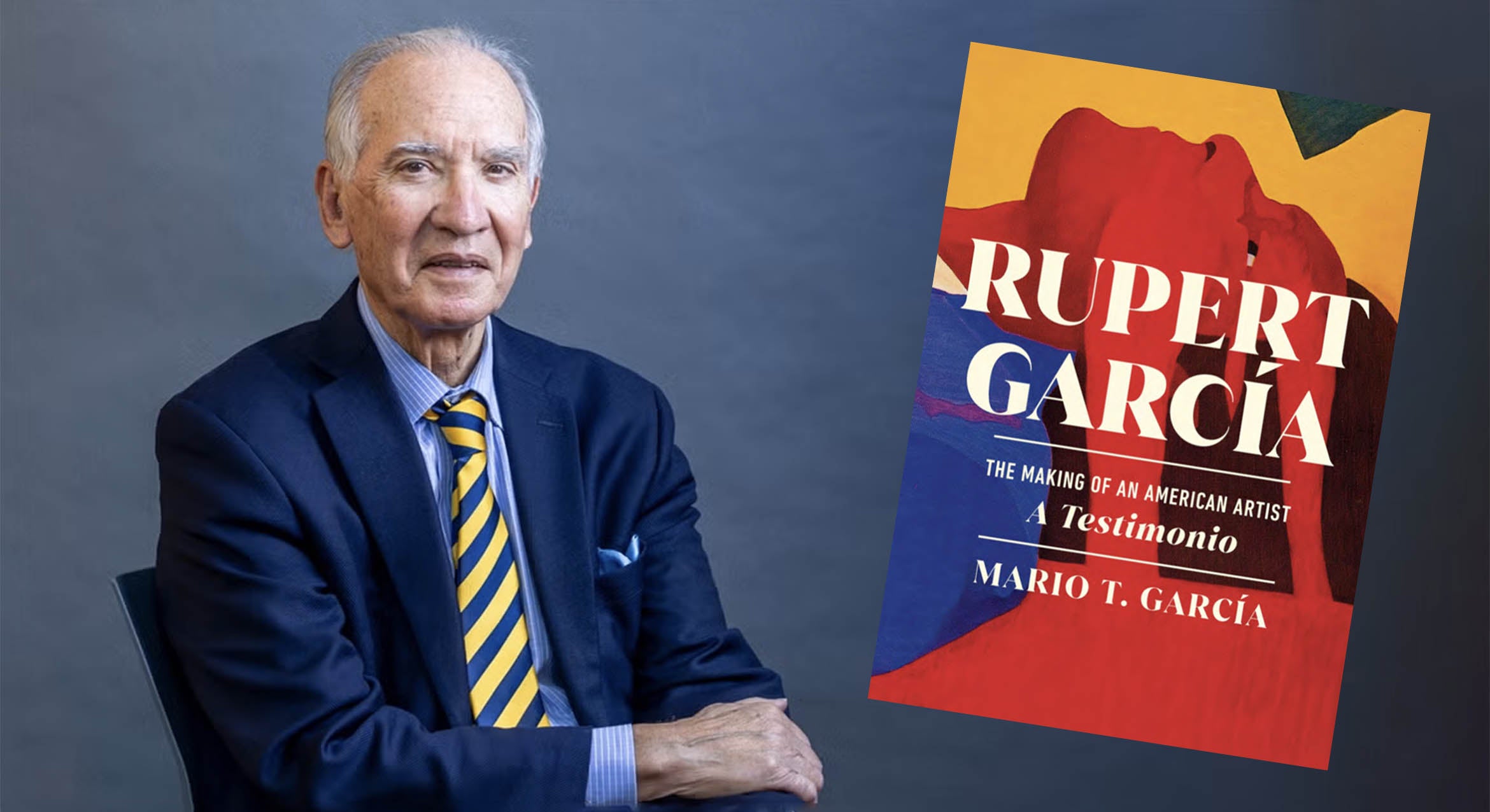Giving rise to diversity in marine science, by way of mentorship and research
A lack of diversity in marine science limits our ability to develop creative, equitable solutions to pressing coastal problems. But increasing diversity will take more than recruiting and scholarships. Students need mentorship, research experience and opportunities to build confidence.
Enter the Resilient Interdisciplinary Social-Ecological (RISE) fellowship, which is designed to do exactly that. The mentorship program aimed at increasing diversity in marine research in its pilot year paired four undergraduate students with four graduate student mentors on two research projects. Funding came from Sea Grant, a partnership between the federal government and several dozen universities that focuses on marine conservation and education.
“The program was successful beyond our wildest dreams,” said project lead Anastasia Quintana, a researcher at UC Santa Barbara’s Marine Science Institute. “The graduate students took on the role of mentor with gusto. It's something that can't be manufactured. Some of the pairs are continuing to work together and the rest are staying close friends.”
The undergrads were selected from UCSB’s Promise Scholar program, which supports high-achieving, first generation students from low-income households. The goal was to further the students’ academic and professional interests in marine science by providing them with research experience and professional mentorship over the course of a summer. The participants then present on their work and experience.
Two undergraduates worked with mentors under research fellow Tammy Elwell, investigating how children in Santa Barbara think about the ocean. The other two collaborated with graduate students in Quintana’s group, analyzing fishery ecology data and literature. After the 10-week program, the students discussed their experiences in flash talks.
“The RISE Fellowship has opened up exciting possibilities for me,” said Fátima Aguilar, a fourth-year sociology and English double major who worked on the project under Quintana. “RISE also provided me with access to a whole team of brilliant researchers that were willing to help me and provide opportunities to strengthen my professional skills.”
“Research is intimidating, not least because things are always going wrong,” Quintana said. “The undergrads quickly learned how to pivot and triumph through challenge.”
Quintana and Roose are currently seeking funding from Sea Grant to expand the program in the coming years. Aguilar has continued collaborating with her graduate mentor during her senior year and plans to apply to graduate programs in clinical psychology and social work.
“This year’s cohort will continue as Promise Scholars, and may train other Promise Scholar students in future research,” said Dylan Glave, the RISE program manager. “But more importantly, their research experience allows them to make more informed decisions about continuing in academia and research.”
Harrison Tasoff
Science Writer
(805) 893-7220
harrisontasoff@ucsb.edu



